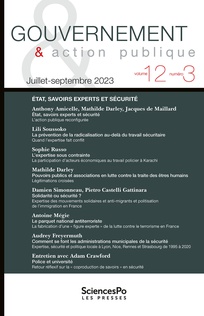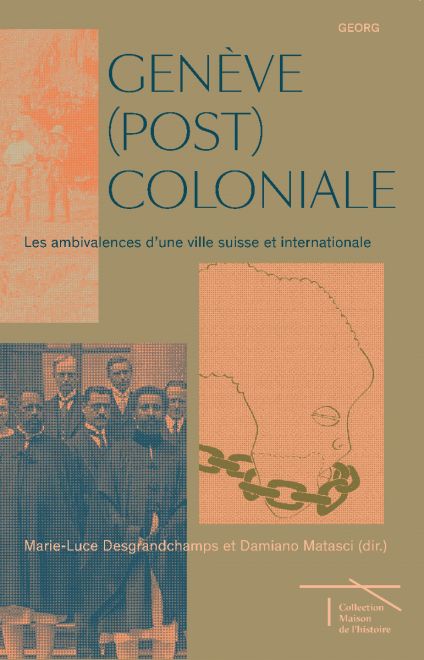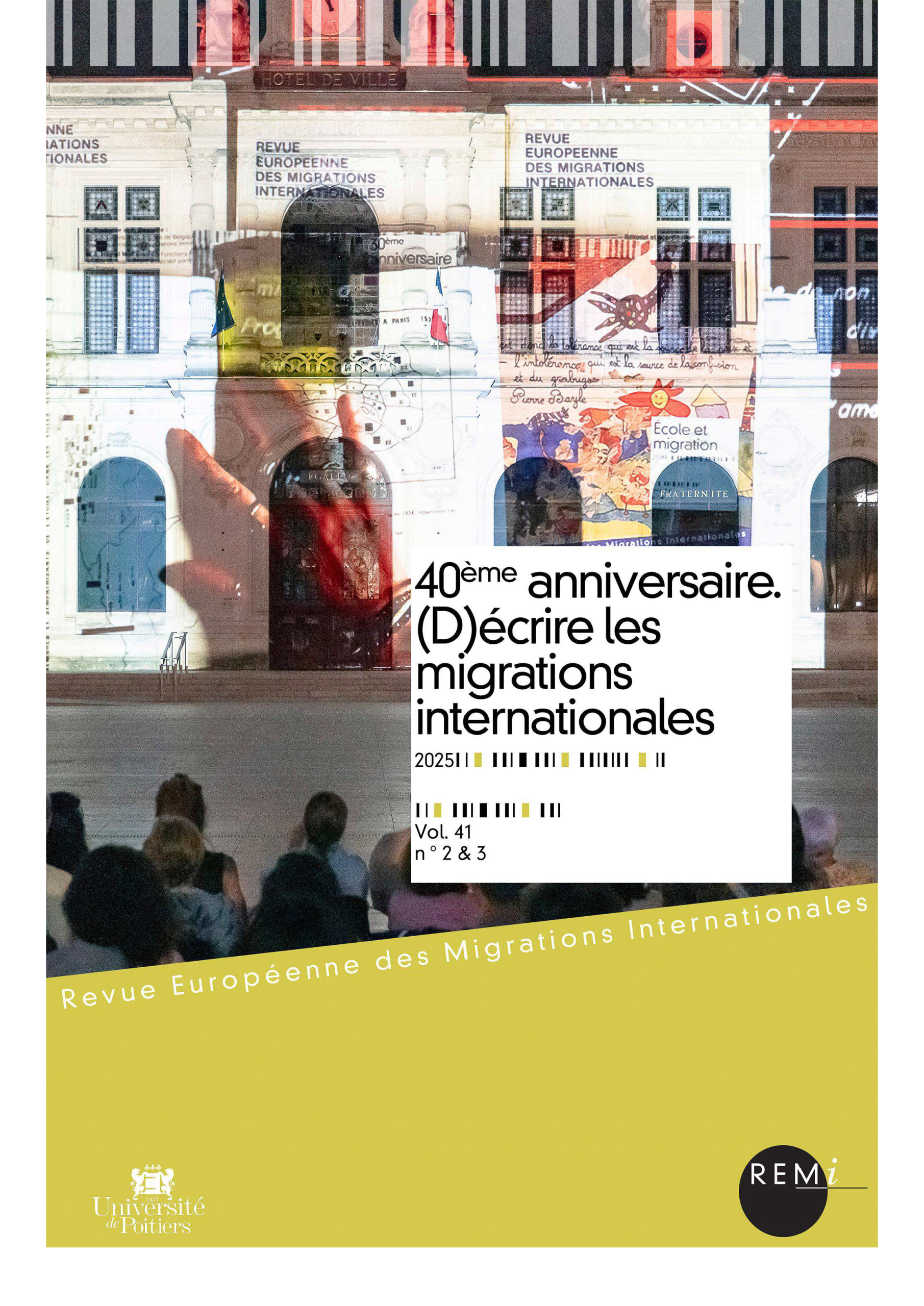How are municipal safety authorities organised?

Expertise, safety and local policy in Lyon, Nice, Rennes and Strasbourg from 1995 to 2020 - Audrey Freyermuth (Sciences Po Aix, Mesopolhis)
By studying the birth and reorganisation of municipal administrations dedicated to security between 1995 and 2020 in Lyon, Nice, Rennes and Strasbourg, we show how the dynamics of the local political game encourage the disqualification and consecration of know-how and expertise which, in turn, contribute to the technicalisation and institutionalisation of security within the municipal framework. While political changes are contributing to the reconfiguration of local administrations through the creation of departments and roles specifically dedicated to public safety and tranquillity, the dynamics of the local political game are also influencing the recruitment of the people in charge of these departments. Through a comparison of the career paths and professional resources of the officers retained or kept at a distance from the municipal administration, the article shows that the selection of these new security professionals, whose profiles are very heterogeneous, is dependent on local political power struggles. In particular, the singular disqualification of police expertise in Rennes appears to be a lever for bringing security into line with political priorities, making it possible to institutionalise it. This is the impression that can be given by an election chronicle focused on the curve of voting intentions or on the percentages of the composition or distribution of votes. And yet, while voting is fundamentally a matter of counting and tallying, it is not enough to simply look at the numbers. count votes in favour understand how voters perceive the electoral offer, interpret the issues and ultimately make their choice. The contributions in this book are based on a long-running qualitative and quantitative survey conducted at close quarters with citizens, and examine the impact of social trajectories and the contexts of their lives on the way they vote. Conducted throughout the 2017 elections, the survey shows the persistence of the social roots of voting in the face of unprecedented disorder in the electoral offer. It proposes a new approach to the sociology of the social variables that shape electoral preferences.
Article published in the magazine Government and public action 2023/3 (VOL. 12), pages 151 to 175. DOI : 10.3917/gap.233.0151
Share on
Read also


